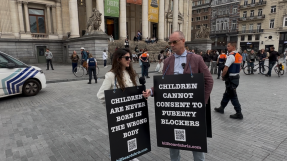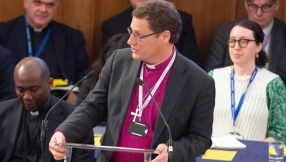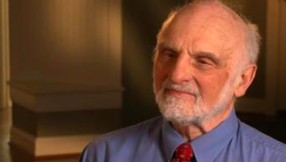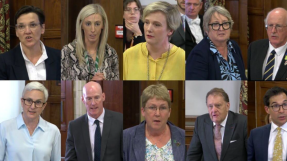The Archbishop of Canterbury, Justin Welby, has said he regularly prays in tongues and seeks 'words of knowledge' and 'prophecy' as part of his daily spiritual discipline.
However, Welby told Premier Christian Radio: 'It's not something to make a great song and dance about. Given it's usually extremely early in the morning it's not usually an immensely ecstatic moment.'
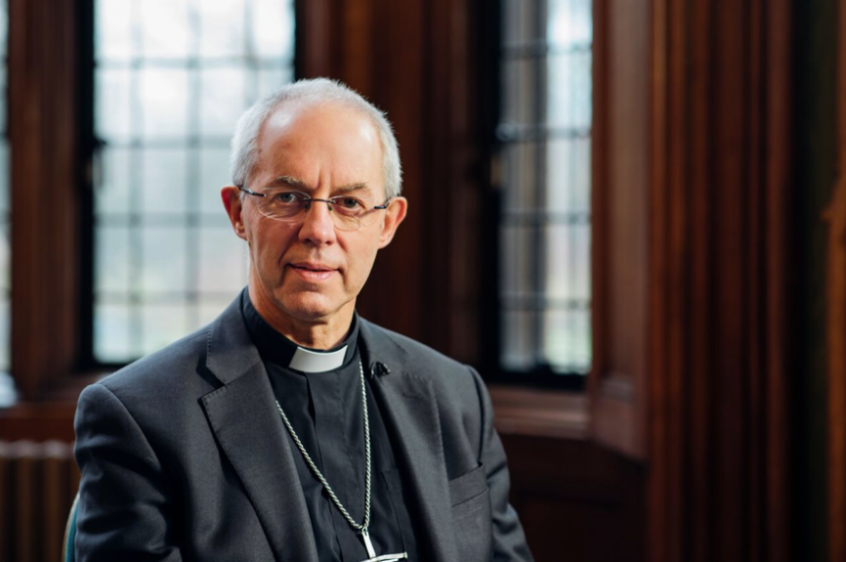
He said: 'In my own prayer life and as part of my daily discipline I pray in tongues every day – not as an occasional thing, but as part of daily prayer.'
He said he had been encouraged by words of knowledge and prophecy: 'I expect to hear from God through other people with words of knowledge or prophecies – some of which I am unsure about, others I can sense there being something of the Spirit of God.'
Speaking in tongues – usually regarded as a 'private prayer language' which may not be comprehensible to speakers or hearers – prophecy and words of knowledge, which are believed to be divine revelations about situations or individuals, are characteristic of the charismatic Christian tradition. Among Anglican churches influenced by it are Holy Trinity Brompton, to which Welby belonged before he became a CofE priest.
But he warned against the danger of putting 'charismatic' as 'a tribal category within the church', saying: 'All Christians are filled with the Spirit, so every Christian is a charismatic in that sense.'
The archbishop was speaking in connection with the launch of Thy Kingdom Come, now in its fourth year, the prayer initiative that has united more than a million Christians from more than 65 different denominations and traditions in more than 114 countries to pray for evangelisation. It takes place between Ascension to Pentecost, May 30-June 9.
'What has surprised me is the number of people who have got involved. Methodists, Catholics, Orthodox and Pentecostals are all piling in. This is not a Church of England thing, this is a church thing,' Welby said.
He added: 'It's very unusual for something like Thy Kingdom Come to gather churches together on such a global basis. I don't think it's unique, I think it's biblical. It started by looking at what the disciples did between the Ascension and Pentecost. During that time, they prayed and the Spirit came. This movement has no deeper rationale than the command of Jesus. He said, "Go back into the city and pray for the Spirit of God."'










